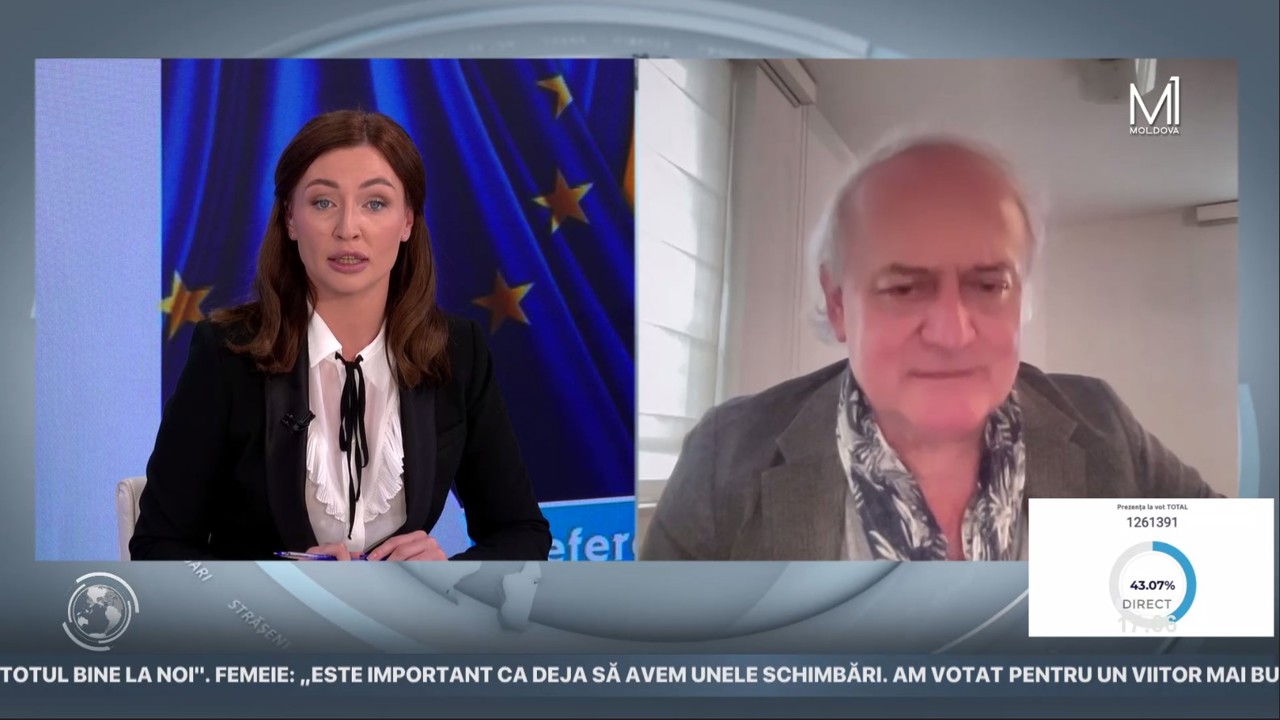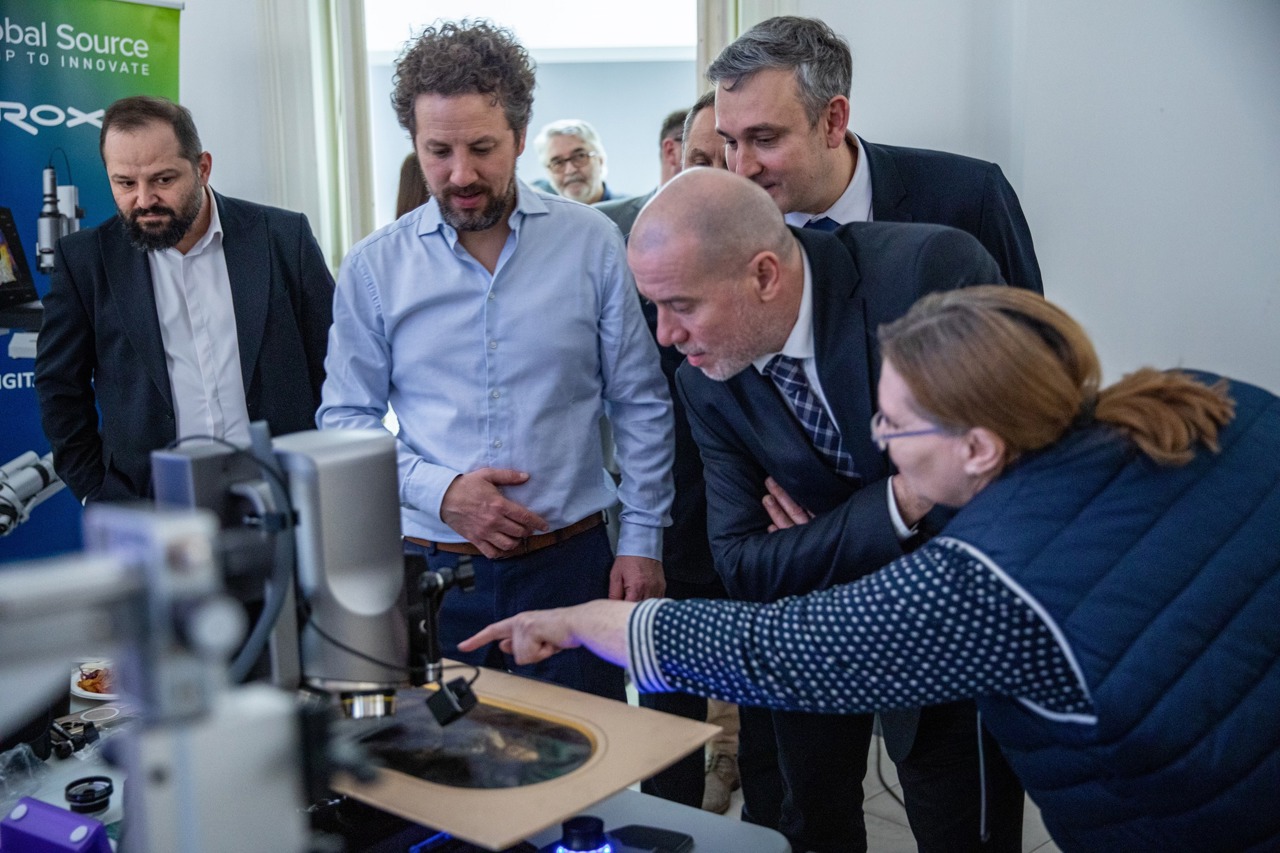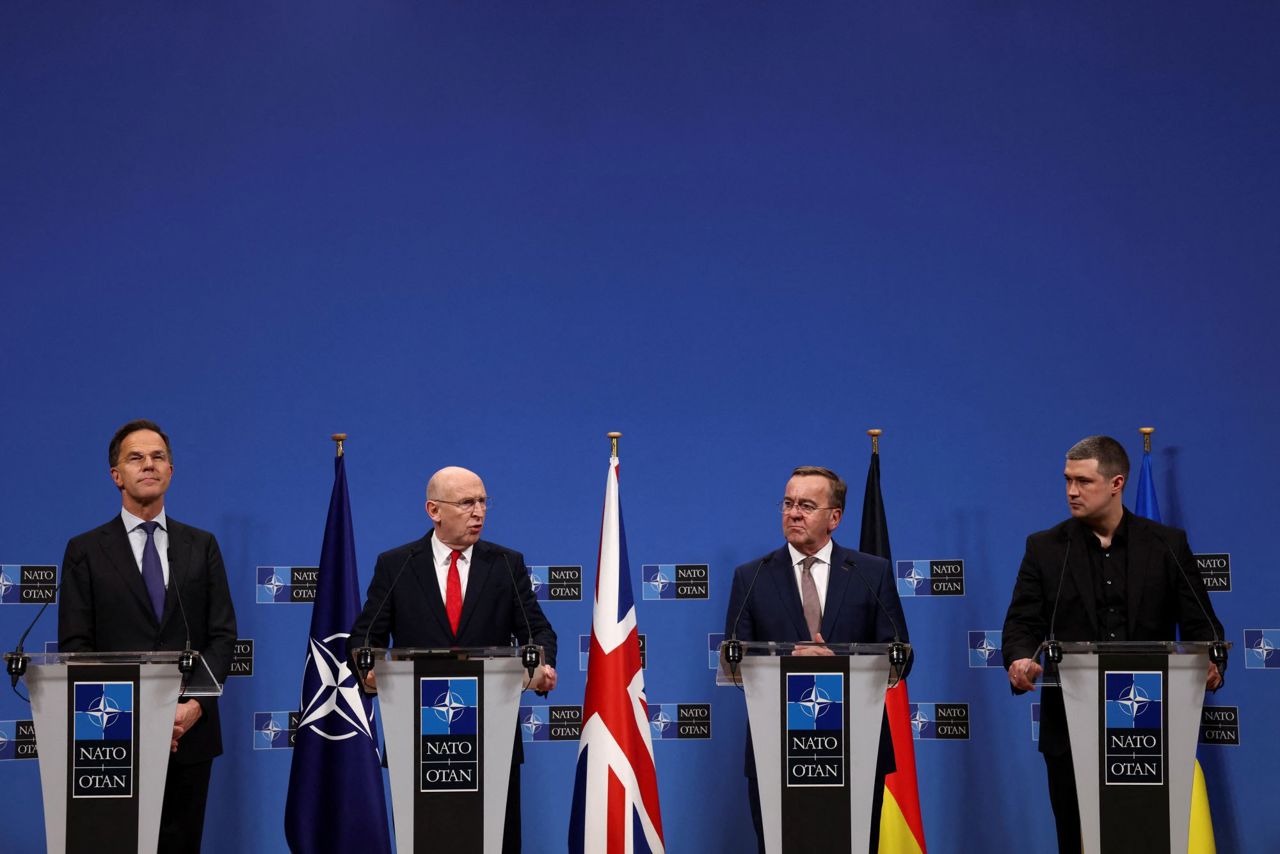European integration referendum: Moldovan voters take notice
Voters recognize the significance of the presidential elections and the referendum on European integration, events that will considerably impact the negotiations for the Republic of Moldova's accession to the European Union.

This observation comes from journalist Dan Alexe, who reports from Brussels for Moldova 1 and Radio Moldova during a special edition on public television.
The journalist notes that voters realise how important the presidential elections and the referendum on European integration are.
“Because after Moldova obtained candidate country status, the situation of Moldovan workers abroad has improved legally,” he states.
“Suddenly, many barriers have fallen, and workers are starting to feel safer because their rights are practically ensured at the same level as those of workers from any other EU country.”
“This is precisely the main qualitative advantage of candidate status: the situation of ordinary citizens improves suddenly and becomes equal to that of residents from the older EU countries,” he continues.
“This means that Moldovan workers are better protected, enabling them to approach the polls with more confidence. At the same time, many of them also communicate to their families back home the advantages of participation and becoming full members of the European Union.”
“Thus, it represents a significant qualitative change.”
Regarding the lower voter turnout at the referendum compared to the presidential elections, the journalist explains that this indicates the stakes of the plebiscite are not fully acknowledged.
“This is a phenomenon, shall we say, quasi-universal: elections that do not involve the government or the president are often viewed as a form of protest, with many expressing frustration either through non-participation or casting a vote they would not normally choose if selecting the government or president,” he adds.
“Thus, I would provide an example, which is certainly very different but shares an identical mechanism with the Brexit situation. Many English voters opted to leave the European Union as a form of protest against the situation in their country. And now, they certainly regret their decision.”
“Therefore, abstaining from voting or casting a negative vote is certainly counterproductive. However, the impulse behind such actions is easily explained from a psychological perspective.”
“What needs to be done is, of course, a more comprehensive approach to encourage people to vote. As generations change, the situation is improving, but for now, we still face this obstacle.”
“The perception that such a referendum lacks value is a challenge that must be addressed.”
Translation by Iurie Tataru




